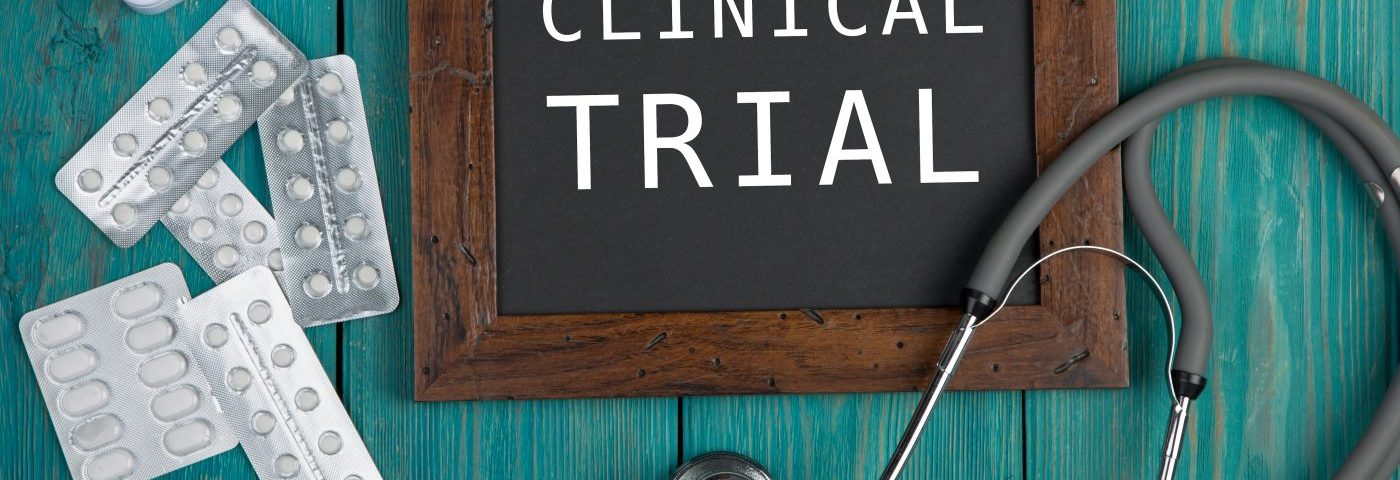A Phase 1 clinical trial, sponsored by TG Therapeutics, is recruiting patients with B-cell lymphoma or leukemia to study the company’s Bruton tyrosine kinase (BTK) inhibitor, TG-1701.
The study is enrolling up to 50 patients who failed to respond to treatment (refractory) or whose disease has returned after responding (relapsed). It has already enrolled a first group of three people, who are receiving 100 mg TG-1701 alone. The first to be treated, a patient with relapsed/refractory mantle cell lymphoma, achieved a partial response, the company announced in a press release. Treatment effect in the others is too early evaluate.
“We are extremely pleased to announce the commencement of our first TG sponsored trial of TG-1701, our proprietary BTK inhibitor which was licensed from Jiangsu Hengrui earlier this year,” said Michael S. Weiss, TG Therapeutics’ executive chairman and chief executive officer. “We are excited to see the study is off to a strong start with the first cohort rapidly enrolled and the first patient achieving a [partial response] at our lowest evaluated dose.”
BTK is an essential player in the pathways the keep B-cells alive and proliferating. It also helps B-cells reach a mature state. By blocking (inhibiting) this protein, TG-1701 causes these cells to die, halting the progression of B-cell lymphomas and leukemias.
While other BTK inhibitors exist for lymphoma — including Imbruvica (ibrutinib) — early lab studies have shown that TG-1701 targets the BTK protein with greater selectivity.
“The pre-clinical data presented at the European Hematology Association (EHA) annual congress this past summer on TG-1701 showed a highly selective kinase profile giving us confidence in its clinical potential,” Weiss said.
The ongoing Phase 1 trial (NCT03671590) will evaluate the safety and efficacy of TG-1701 in patients with B-cell cancers, including non-Hodgkin’s lymphoma and chronic lymphocytic leukemia. It is taking place at a single site in Australia; information is available here.
In a first part, researchers will study TG-1701 as a stand-alone treatment to determine the best dose for additional studies. They will also examine the behavior of TG-1701 once inside the body, including its absorption, metabolism, and excretion.
In a second part, TG-1701 will be given in combination with intravenous (into the blood) ublituximab and oral umbralisib.
Ublituximab is an antibody that targets CD20 on faulty B-cells, while umbralisib blocks the PI3K cell signaling pathway that promotes an uncontrolled proliferation and survival of B‐cells. The two investigational agents, both being developed by TG Therapeutics, have shown promising results when used together in lymphoma patients.
The study’s primary goal is to determine the maximum tolerated dose of TG-1701, with the proportion of patients responding to treatment, alone or in combination, being studied as a secondary measure.
“Seeing early activity should accelerate our ability to identify a dose appropriate for use in combination … and for expansion cohorts. We look forward to seeing more data from TG-1701 in 2019,” Weiss said.


